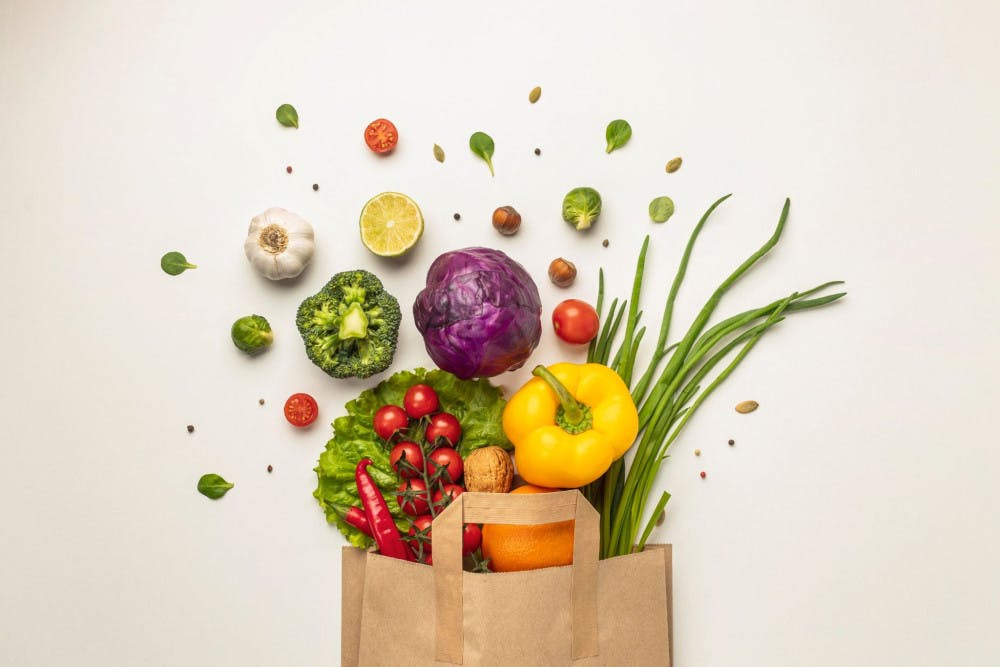By: Allison Reineck
I had the amazing opportunity of being a regular volunteer this spring semester at the Talawanda Oxford Pantry and Social Services (TOPSS). I have been witness to many efforts of sustainability that continue to be practiced by the organization as well as those still in the making.
Before my time at the Oxford pantry, I was only familiar with food drives for pantries which collected non-perishable items from community members. While non-perishable items are essential and provide families with many basic pantry staples, many non-perishables are thrown away and wasted by grocery stores and individuals that contribute to massive food waste. Oxford food pantry has a variety of sources through which they receive nonperishable items. Local grocery stores, individual farmers, and TOPSS provide families with the opportunity to select as much produce as they would like to take home with them. Most of the produce that comes from the grocery stores is excess that would otherwise not be sold, but is still in great condition to be consumed, This saves hundreds of pounds of produce from waste every week while providing families with nutritious food.
Along with food items for families, the pantry receives household and hygiene items from surrounding grocery stores, including items such as deodorant, shampoo, soap, toothbrushes, toothpaste, menstrual products, and diapers. These items are usually brought to the pantry due to surplus that the stores receive, and are provided at will to families.
In order to avoid additional waste and cost, the food pantry also collects donations of plastic bags from Kroger and individuals, which are then used to deliver or provide curbside service to families during COVID. Many of these bags are from the Kroger pickup program, a program which uses specific bags that are 100 percent recycled from Kroger grocery bags, and these are yet again repurposed for service to community members through TOPSS.
The pantry is very conscious about their recycling efforts. Everything used by the pantry is separated and recycled, whether it’s paper products, plastics, and bags brought for families that are unusable. All of these efforts have been made possible by the wonderful director, staff, volunteers, local farmers, grocery stores, community members and organizations.
Something that has been ongoing at the pantry but has been continued and revamped by staff members is the community garden. The garden at this time in April is producing kale, green onions, and several herbs, but mainly serves as extra produce that can be provided to families in the pantry. Staff and volunteers throughout the spring have been continuing to plant additional produce with the hopes of growing enough product to allow anyone to pick fresh produce from the garden.The plan is to also allow community members to plant their own produce in the garden, as well as take cuttings to grow their own plants at home.
If you are interested in donating to the pantry by providing item donations, monetary donations, or through giving your time please visit https://sites.google.com/view/topsspantry/home?authuser=0 for more information.
Photo courtesy of Freepik.




